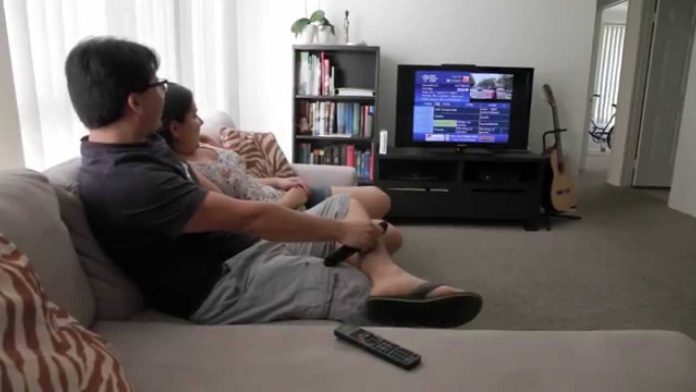Receiving one’s electric bill can be—pardon the pun—shocking, especially during the summer months when the air conditioner is converting cool cash into cool air. Utility companies and other entities tout methods to trim electricity costs; however, a new UCLA study found that cost-cutting is not a motivator, but environmental health is.
The study was based on data from a panel of 3.4 million hourly appliance-level kilowatt–hour observations for 118 residences over an eight month period. It found that individuals who regularly were informed about how much money they could save made virtually no changes; however, repeated messages focused on environmental benefits caused them to trim their energy use an average of 8%. The investigators also found that the environmental message was especially effective in changing the behavior of people with children living in the home; those individuals reduced their electricity use a whopping 19%.
The authors note that residential and commercial buildings account for about 70% of energy usage in the United States; transportation and industry account for most of the rest. However, the factors that would motivate individuals to conserve are not well known. The UCLA project, called Engage, is focused on understanding those motivations and how to encourage them, explained principal investigator Magali Delmas, PhD, an environmental economist at the UCLA Anderson School of Management. She added, “We’re finding that you have to bundle the public good with the private good. Our message about health and the environment reminds people that environmentalism is also about them and their kids.”
For the study, the participants were divided into two groups. After a six-month trial period to measure each apartment’s baseline energy use, all the residents received weekly e-mails for four months informing them how much more energy they used than their most efficient neighbor. One group also was told how much more they paid for energy than that neighbor; the second group was informed about how many more pounds of air pollution they were creating than the neighbor. In addition, this group was reminded that air pollution is related to diseases such as childhood asthma and cancer.
The investigators are of the opinion that the environment-focused messages were effective because they actually combined two concepts” (1) energy reductions would cut air pollution and reduce the risk for the diseases it caused; and (2) people saw the benefit for themselves and society. The cost-savings information might have been less effective in part because electricity is relatively inexpensive, explained coauthor Omar Asensio, a UCLA doctoral student studying economics and environmental sciences and engineering. He explained, “For most people at our field site, the savings for cutting back to using the same as their most efficient neighbor would only be $4 to $6 per month. That’s a fast-food combo meal or a couple of gallons of milk.”
The study period ran from October 2011 through March 2012, and the study was conducted from March through July 2012 by researchers from multiple UCLA departments. The investigators developed and installed smart-metering systems for 118 apartments at the campus’s University Village, which provides housing for graduate students and their families. They also created a Web site that enabled them, and the residents, to track historical and real-time electricity use, and to receive energy-use data for individual appliances and systems, such as the dishwasher or the home’s heating and cooling. Residents could track spikes in energy use when they opened the refrigerator, steady plateaus when they stayed up late working on their computers, or power dips when they were out for the day. Dr. Delmas explained, “Electricity is still largely invisible to people. We want to help them see it.”
Some participants experimented with methods to lower their electricity usage. One family found that simply moving cereal boxes away from the top of their refrigerator improved airflow so much that electricity usage was decreased. “Knowledge of personal electrical energy usage is inaccessible to most individuals,” explained co-principal investigator William Kaiser, PhD, a professor at UCLA’s Henry Samueli School of Engineering and Applied Science, who helped design and build the smart meters. He added, “Our objective is to monitor and optimize energy-usage guidance for individuals to produce direct benefits in conservation.”















